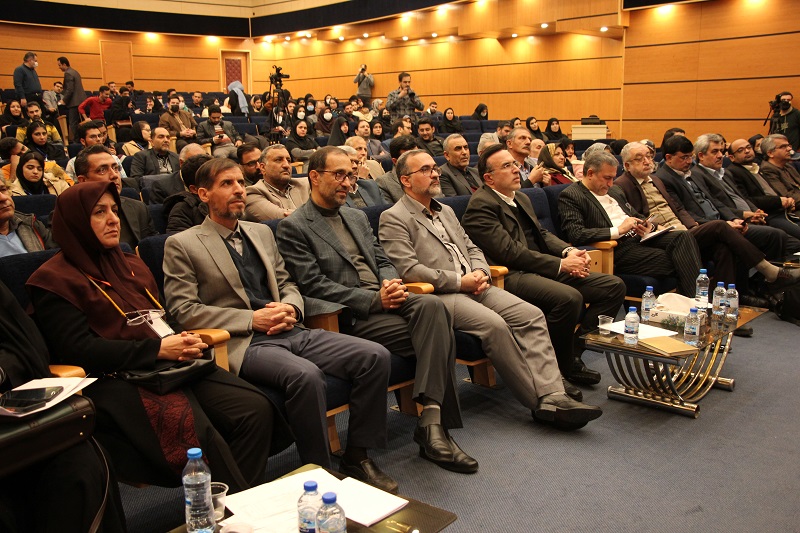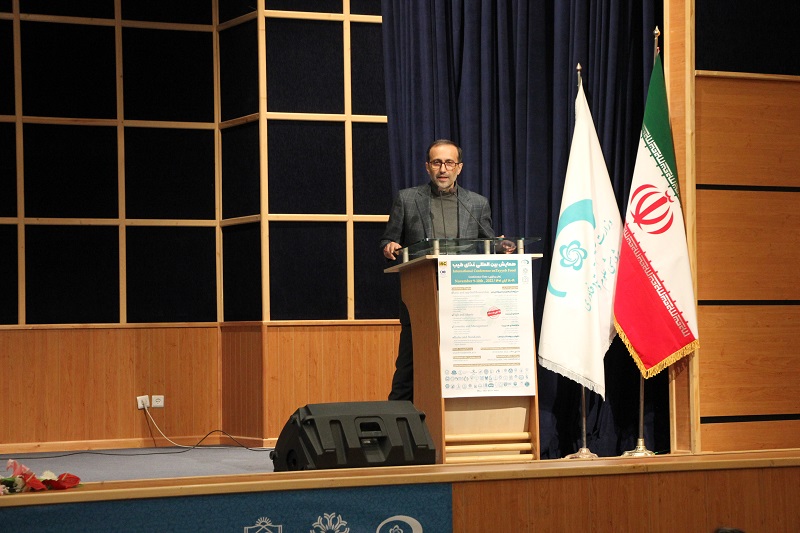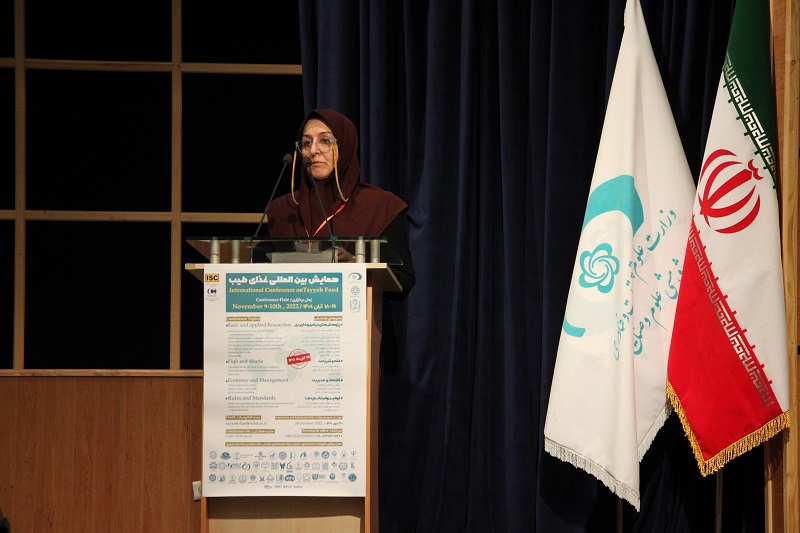RIFST's President, in the opening ceremony of the 1st International Conference on Tayyeb Food, said: "Tayyeb food can be a symbol of the highest level of quality in all stages of food production until the consumption of products."
Prof. Seyed Mohammad Ali Razavi said: If we can develop the model of Tayyeb in Islamic societies, this will guarantee the safety and health of food. He continued: The Research Institute of Food Sciences and Technology started studying and researching Tayyeb in 2014, and by conducting 20 research projects, it has developed and implemented the model of quality assessment and rating of some products while having the support of Razavi Quality Institute, a knowledge-based Institute, and the Vice-Presidency for Science and Technology.
Pointing to the achievements and common thinking presented at the conference with the aim of explaining and generalizing Tayyeb emblem in the country and the world, he said: The concept of Tayyeb is still at the beginning and we must make extra efforts to learn and commercialize it not only in the field of food but in all areas of life.
Pointing out that food has been the most basic and essential need of mankind since the time of creation, Razavi clarified: If God did not put the instinct of hunger in human beings, progress and civilization would not have been formed, therefore all the developments in the field of industry and agriculture are dependent on food, and with population growth and the occurrence of natural crises, the issue of food became food security and food security was raised as a passive defense.
He continued: Since the beginning of the 20th century, the field of food science and technology left the traditional state and became industrial. Since access to food was raised along with food hygiene and health, therefore, tremendous progress has been made in this field in the last 100 years.
Pointing out that food security in the country is still a challenge, he added: safety is another area of the food industry and the food we consume should be available to the members of the society in addition to health and hygiene.
The Secretary of Biotechnology Development Council also said in this international conference: We must have a cross-border look at the Tayyeb emblem and try to develop it at the international level. "Dr. Mustafa Ghanei", stating that the Tayyeb brand can be an identity builder for Islamic countries, said: Commercialization of the Tayyeb emblem can provide health to mankind on a wider level than the products in the market.
Pointing out that the "Tayyeb" emblem is the result of research that in addition to the elements of health, integrity, authenticity, helliat and attractiveness, also monitors the environment, he continued: The study of this emblem began in 2014 and so far the process has been growing, but its commercialization should be done more quickly, and the use of biotechnology can help to internationalize this brand.
The scientific secretary of the first International Conference on Tayyeb also stated: This conference is held in cooperation with the Research Institute of Food Sciences and Technology, Mashhad University of Medical Sciences and Razavi Quality Institute. "Dr. Bibi Marzieh Razavizadeh" said: In holding this conference, 45 centers and research institutions inside and outside the country, including Switzerland, Malaysia, Brunei, Pakistan and Thailand, have scientific cooperation.
She emphasized that presenting the latest scientific achievements and practical solutions for executive departments in the field of Tayyeb with basic and applied research, jurisprudence and Sharia, economics and management, laws and standards as the main topics through the exchange of opinions and ideas of researchers, experts and thinkers are among the most important objectives of this conference.
The scientific secretary of the Conference also said: This conference has been certified by the Islamic World Science Citation Center (ISC) and 186 papers have been submitted to the secretariat of the conference, and after judging, 150 articles have been accepted of which 20 articles have been considered for oral presentation at the International Tayyeb Food Conference.




